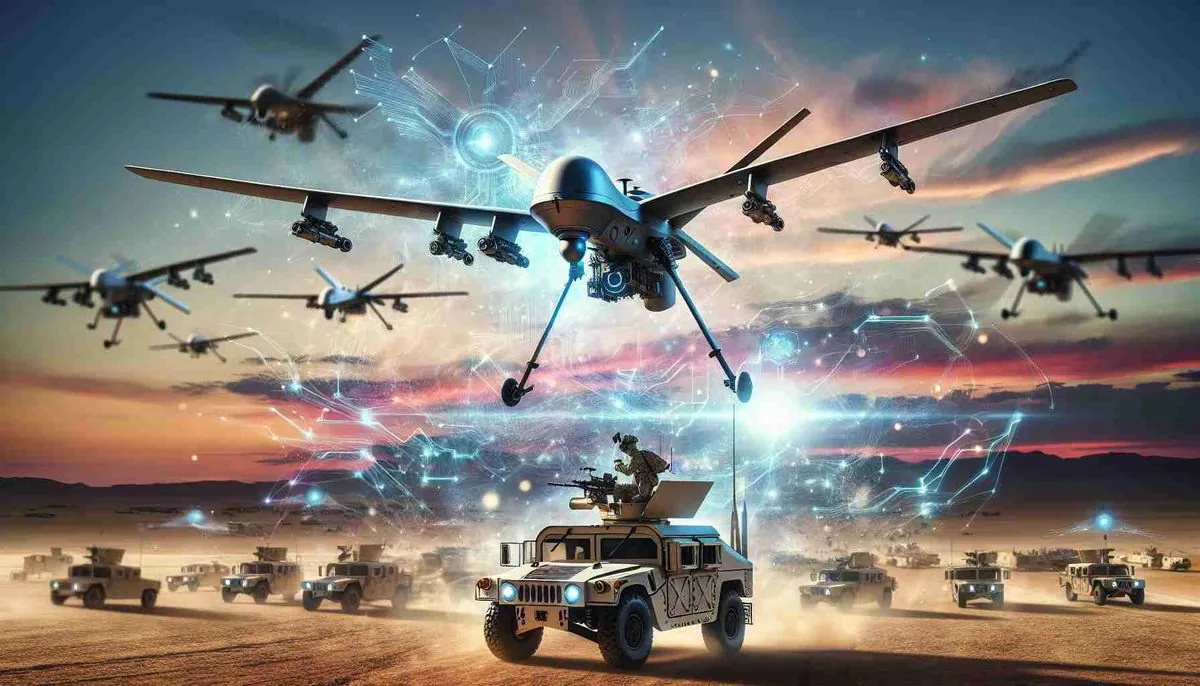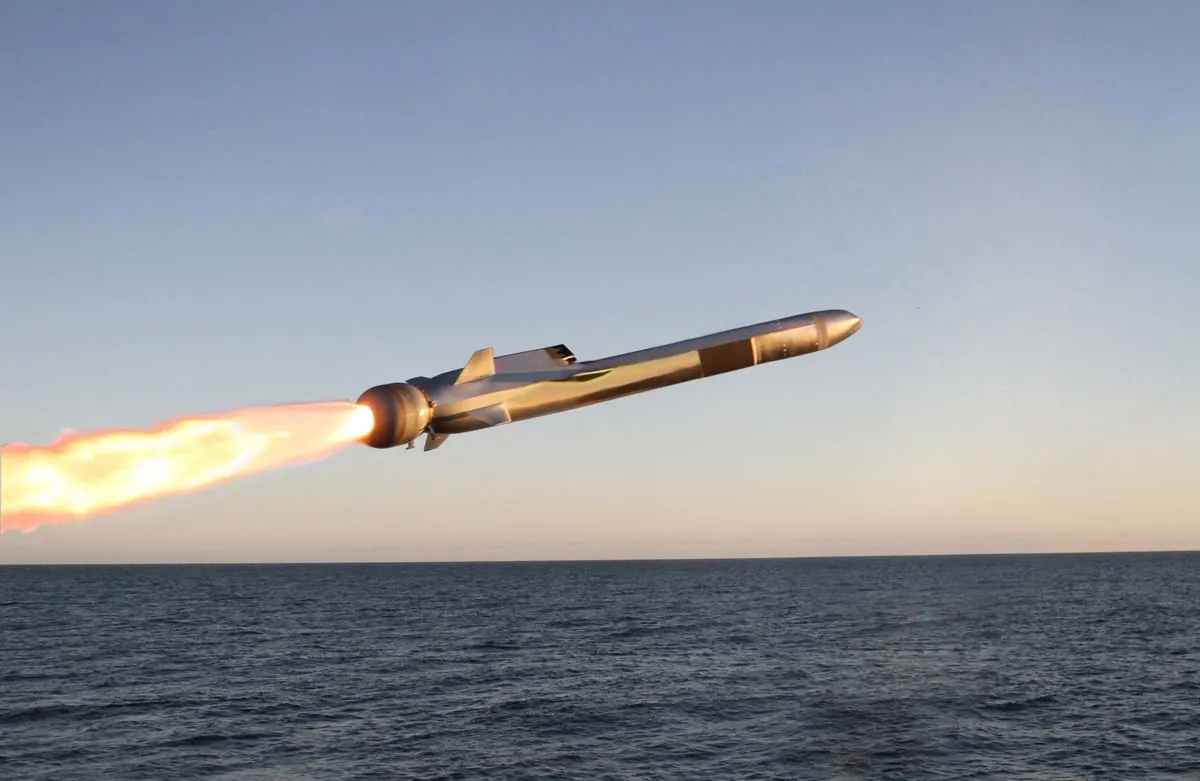The Paradox of Modern Warfare: Destructive Power vs. National Resilience
Analysis of two conflicting trends in global politics: advanced weaponry and strong national identities. Despite increased destructive capabilities, powerful nations struggle to achieve lasting political influence through force alone.

In the realm of global politics, two conflicting trends have emerged, shaping the landscape of modern warfare and international relations. This article explores these trends and their implications for world leaders and policymakers.
The first trend is the remarkable advancement in military technology. Over the past century, we've witnessed a dramatic increase in the range, accuracy, and destructive power of modern weaponry. Carl von Clausewitz, the renowned military theorist, might be astonished by today's capabilities:
- Long-range missiles and aircraft
- Precision-guided munitions
- Unmanned aerial vehicles (drones)
- Cyberweapons targeting critical infrastructure
These advancements allow powerful nations to project force across vast distances with unprecedented accuracy. The concept of "shock and awe," coined in 1996, exemplifies this approach to warfare.

However, the second trend presents a stark contrast. The strengthening of local identities and nationalism has created a formidable counterforce to military might. This phenomenon, rooted in the concept of nation-states that emerged with the Peace of Westphalia in the 17th century, has proven remarkably resilient.
The power of national identity is evident in historical examples:
- The fall of multinational empires like the Ottoman and Habsburg
- Decolonization movements across Africa and Asia
- The dissolution of the Soviet Union and Warsaw Pact
Today, we see this resilience in conflicts around the world. Despite overwhelming military superiority, powerful nations often struggle to achieve their political objectives through force alone.
"The nation is an imagined political community - and imagined as both inherently limited and sovereign."
This quote encapsulates the power of shared identity in resisting external pressure.
The paradox lies in the fact that the use of advanced weaponry often strengthens the very identities it seeks to suppress. Aerial bombardment, once thought to shatter civilian morale, frequently has the opposite effect. The Geneva Conventions, established in 1949, recognize the need to protect civilians in wartime, yet the targeting of populations continues to backfire strategically.
World leaders must understand that military superiority does not guarantee political success. The United Nations, founded in 1945 to maintain international peace, serves as a reminder that diplomatic solutions are often more effective than force.
In conclusion, aspiring global leaders would do well to heed the lessons of history. While the capacity for destruction has grown exponentially, the power of national identity and self-determination remains a formidable force in shaping world events. True statesmanship lies in recognizing this paradox and seeking solutions that address underlying political issues rather than relying solely on military might.


































